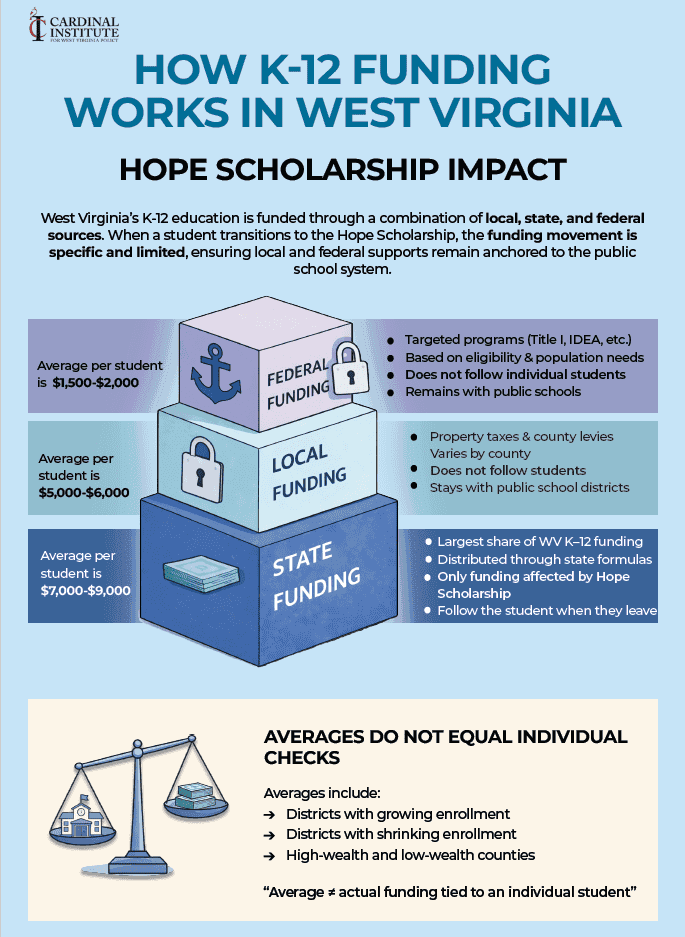
Externalities: What They Are and the Government’s Role in Correcting Them
Greetings from Ireland! My family and I are currently about two-thirds the way through a wonderful vacation where we’ve been able to use our American driving stamina, much to the amazement of some of the Irish we’ve come into contact with, to see vast portions of the Irish island whose size is sometimes compared to West Virginia.
A trip to the local supermarket here in Athlone, County Westmeath where we are staying turned me to thinking about externalities. You will find out why later in the post.
What are externalities?
Externalities are costs or benefits that apply to a third party as the result of the actions of another, unrelated party that go uncompensated. In plainer terms, they are positives and negatives Person A experiences because of Person B’s actions that aren’t accounted for. Externalities are a type of market failure. I know it may be scary to read “market failure” on the Cardinal’s Nest Blog, but what that term refers to is, simply, any scenario the market can’t account for properly.
Luckily, market failures are much more rare than the market’s successes. However, when they do pop up, the government can actually help the populace by correcting them. Here’s a concrete example:
Imagine you live along a river and raise some simple homesteading animals, like chickens, and a garden that provides some of your food, not to mention some pleasure in tending it. One day, plans are announced to build a concrete plant upstream from you, bringing a couple dozen jobs to your small town. This sounds great. As time passes, the concrete plant opens and begins churning out concrete for paying customers. This injects cash into your community through worker paychecks.
Not all is well though, The animals you are raising aren’t producing as much as they used to and the quality of their production has suffered too. On top of that, your garden yields much less than before.
After some investigation, you find out that byproducts of the concrete’s production have made their way into the environment around your home and small stead. The air around you and the river that runs by your home is polluted. You’ve been robbed of not only tangible goods like food but also the joy of maintaining it all. Meanwhile, everyone else around you including the concrete company, the plant employees, and the concrete plant’s customers are better off. This is an externality.
The Government’s Role
The government has the opportunity to increase market efficiency, in contrast to their usual, efficiency-sinking operations. They can step in and require the plant to compensate you, not only for your material loss in farm produce but also your intangible loss from losing your favorite pastime, costs and benefits are more efficiently allocated. Without this action, you are in a way subsidizing your local concrete industry!
Correcting for externalities is one of the few valid responsibilities of the government and falls under the “protecting property rights” banner more commonly flown in liberty-leaning circles. It is important for liberty lovers like you and I to understand our positions on when the government should step in and when it shouldn’t, recognizing that there are examples in both categories.
Why am I thinking about this in Ireland?
Great question! I’m thinking about this because of the Irish Deposit-Return Scheme. The Irish government has created a program that tries to correct the costs placed upon the Irish people by plastic containers. Plastic containers fill landfills and take a long time to degrade, meaning that landfills fill up quicker or, in a worse case, plastic litter remains litter until someone comes along and picks it up.
To account for this, Ireland requires a deposit for plastic containers sold in many supermarkets. The deposit ranges from 15 cents to 25 cents per bottle. We most often buy a four-pack of 1.5L bottles of water. These bottles cost us 1 Euro each, plus a 25 cent deposit per bottle, totaling 5 Euros.
If a person returns their plastic bottles via bottle return machines at supermarkets, they receive a coupon for the amount returned that they can use during their next shopping trip. If we go through 12 bottles of water and return those, we get 3 Euros back for our next purchase. If we don’t return our bottles, the 3 Euros help pay for the additional stress those bottles place on waste management facilities.
Deposit-return schemes are decent examples of Pigouvian taxation, a special tax designed to address externalities. The only difference is that these schemes allow consumers to recoup their “taxes” if they dispose of waste properly.
Jacob McCoy is a Contributor to the Cardinal’s Nest Blog.







